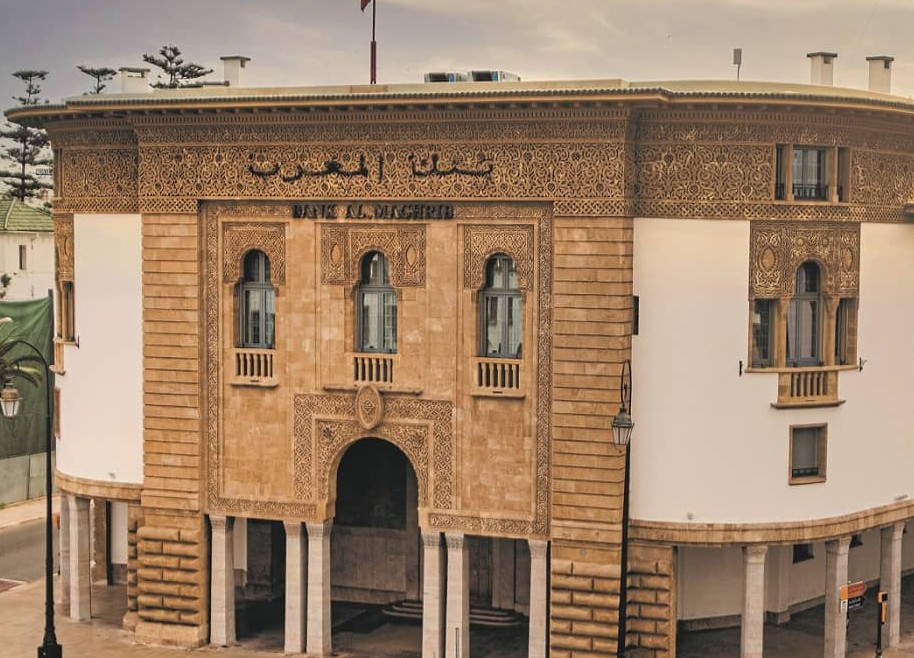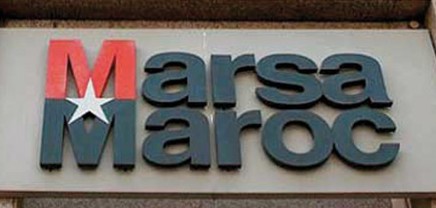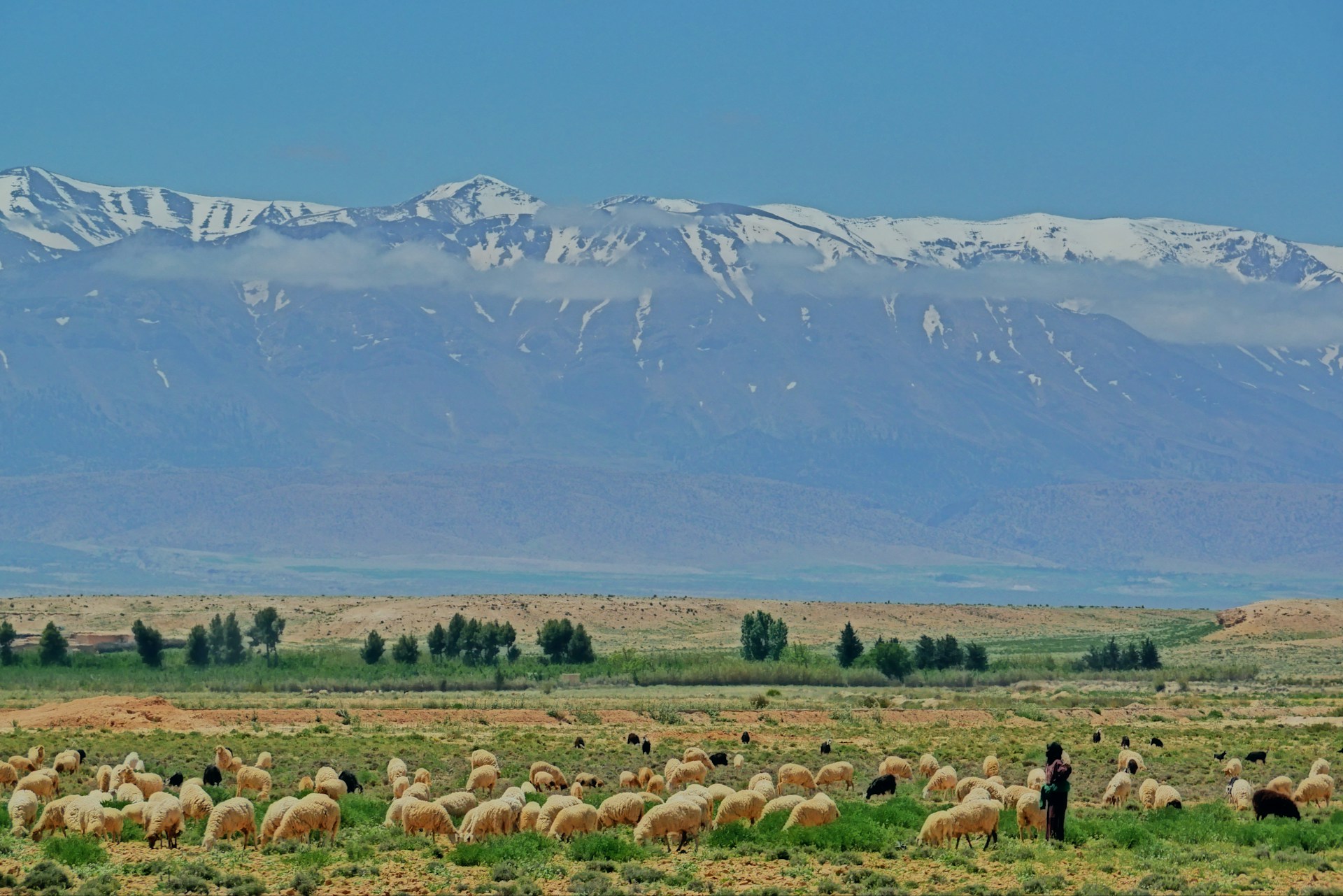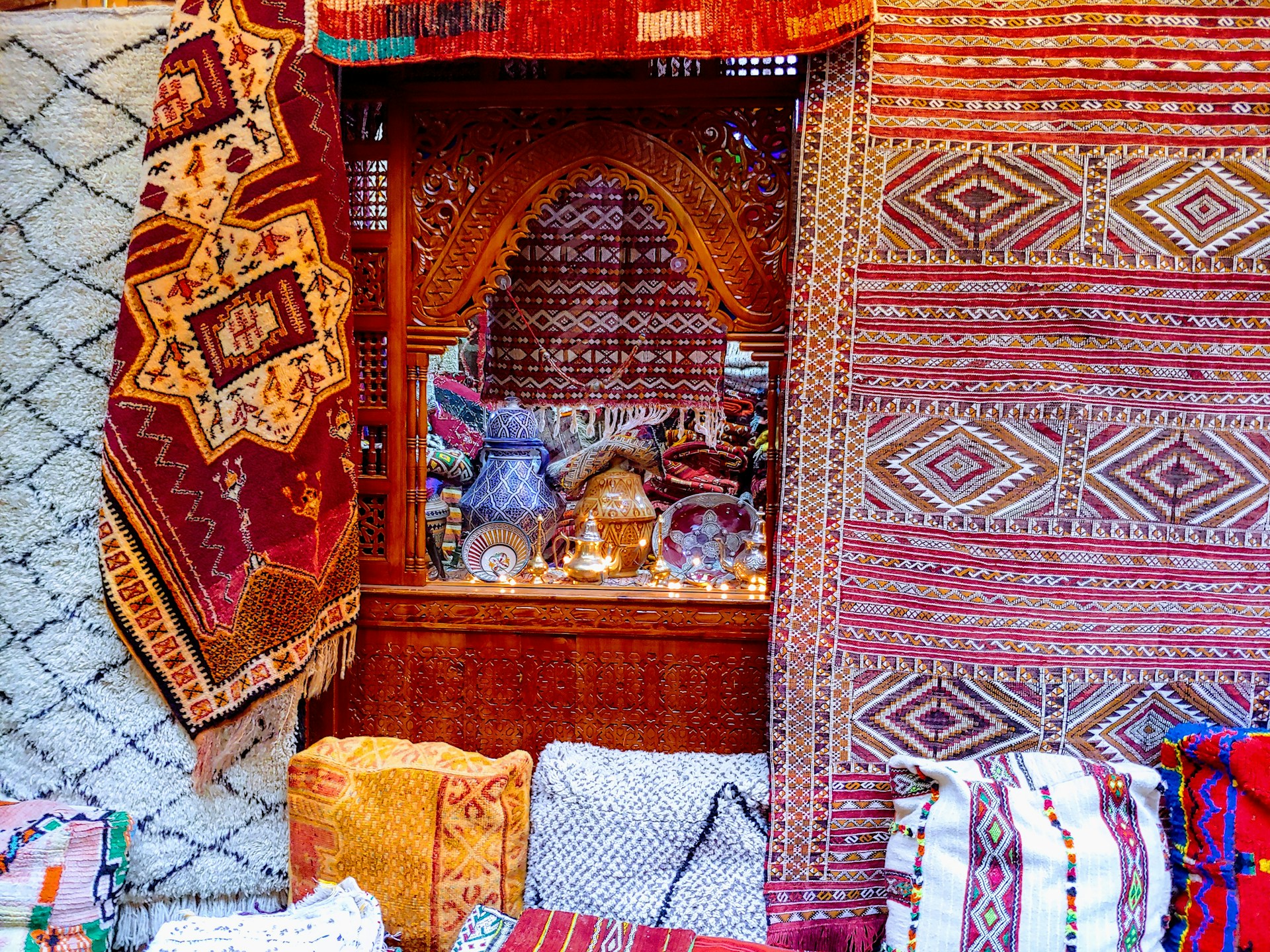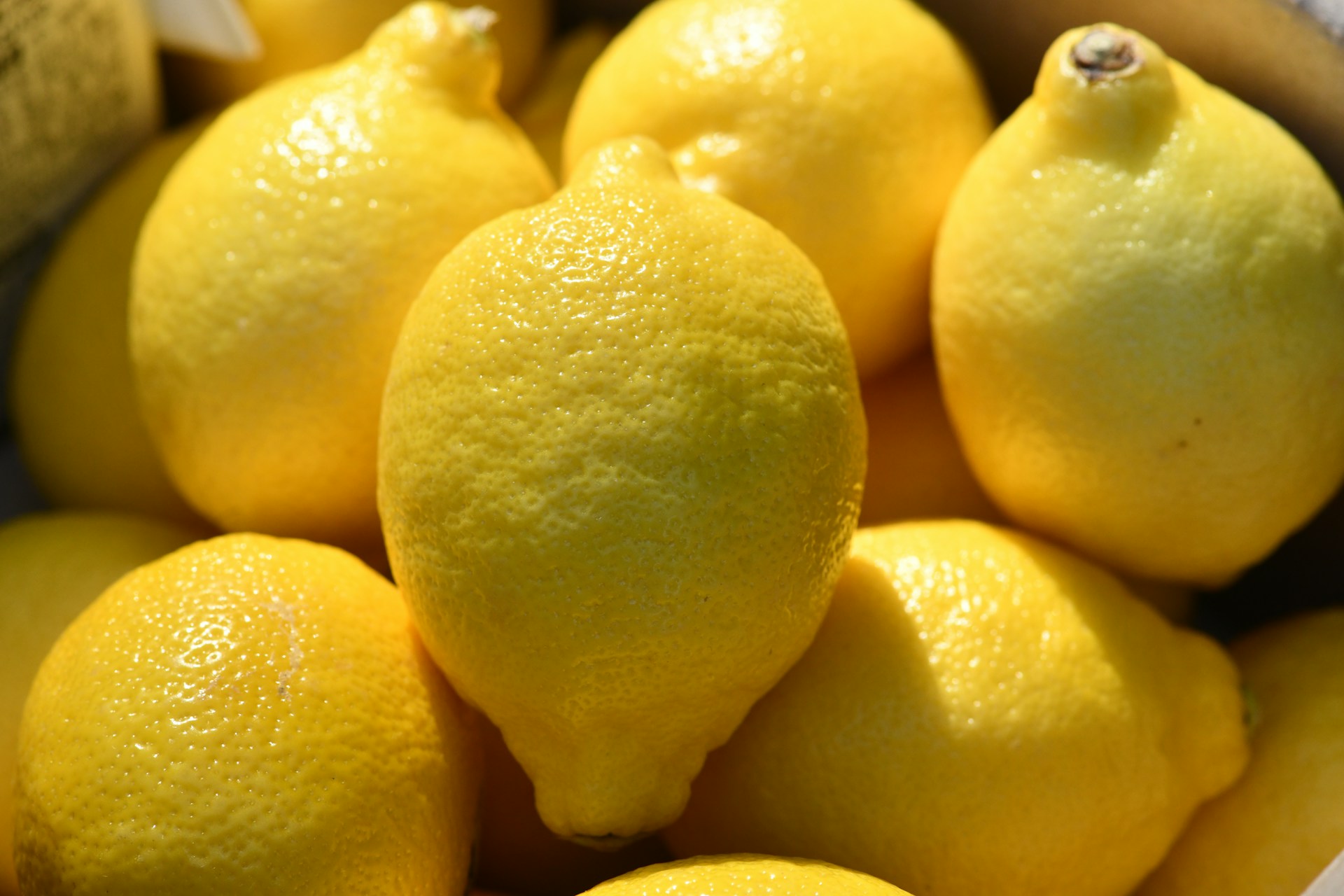Casablanca – With just over a month remaining until Aïd Al Adha, Moroccans are gearing up for their favorite religious festival. However, this year’s celebration is expected to pose significant financial challenges for households, particularly in purchasing the Aïd sheep. To delve into the anticipated price hike and its underlying factors, various breeders at the 16th edition of SIAM, held recently in Meknes, provided valuable insights.
While all breeders acknowledged the likelihood of an increase in sheep prices compared to the previous year, further insights into the specifics and reasons behind this surge were sought. One breeder, in particular, shared valuable insights into the dynamics of the livestock market.
Regarding the supply of livestock for Aïd Al Adha, the breeder emphasized that consumers need not worry about shortages this year. Despite facing drought conditions, the available livestock is deemed sufficient, thanks to the concerted efforts of breeders to prepare for the peak demand during Aïd Al Adha.
Discussing the expected price hike, the breeder highlighted widespread concerns among consumers about the escalating costs of sheep. Last year already witnessed an upward trend in prices, and given the ongoing drought conditions, it is unlikely that prices will decrease this year. The breeder elaborated on the increased financial burden faced by breeders during periods of drought, especially due to the rising costs of livestock feed, which have doubled. Notably, government subsidies primarily target barley, despite sheep requiring a more diverse diet.
Addressing consumer apprehensions, the breeder emphasized that breeders are not responsible for artificially inflating prices, contrary to popular belief.
In terms of the projected price increase compared to last year, the breeder outlined a range of potential hikes for sheep, varying depending on the region of breeding. The breeder also highlighted similar price increases for goats and cattle, attributing them to factors such as escalating feed costs, prolonged drought, and inadequate state subsidies.
The breeder concluded that underscored the need for broader government support beyond barley subsidies to alleviate the financial strain on breeders. With profit margins dwindling, breeders are faced with tough choices, including either modestly increasing prices or potentially exiting the breeding sector altogether.
Although the Moroccan government announced the import of approximately 20,000 sheep from Romania and another number from Spain, along with providing assistance to importers by subsidizing 500 dirhams per head (approximately $51.54), as well as raising customs duties, this year’s Aïd Al Adha preparations present significant challenges for both consumers and breeders alike, underscoring the broader economic implications of the religious event.

